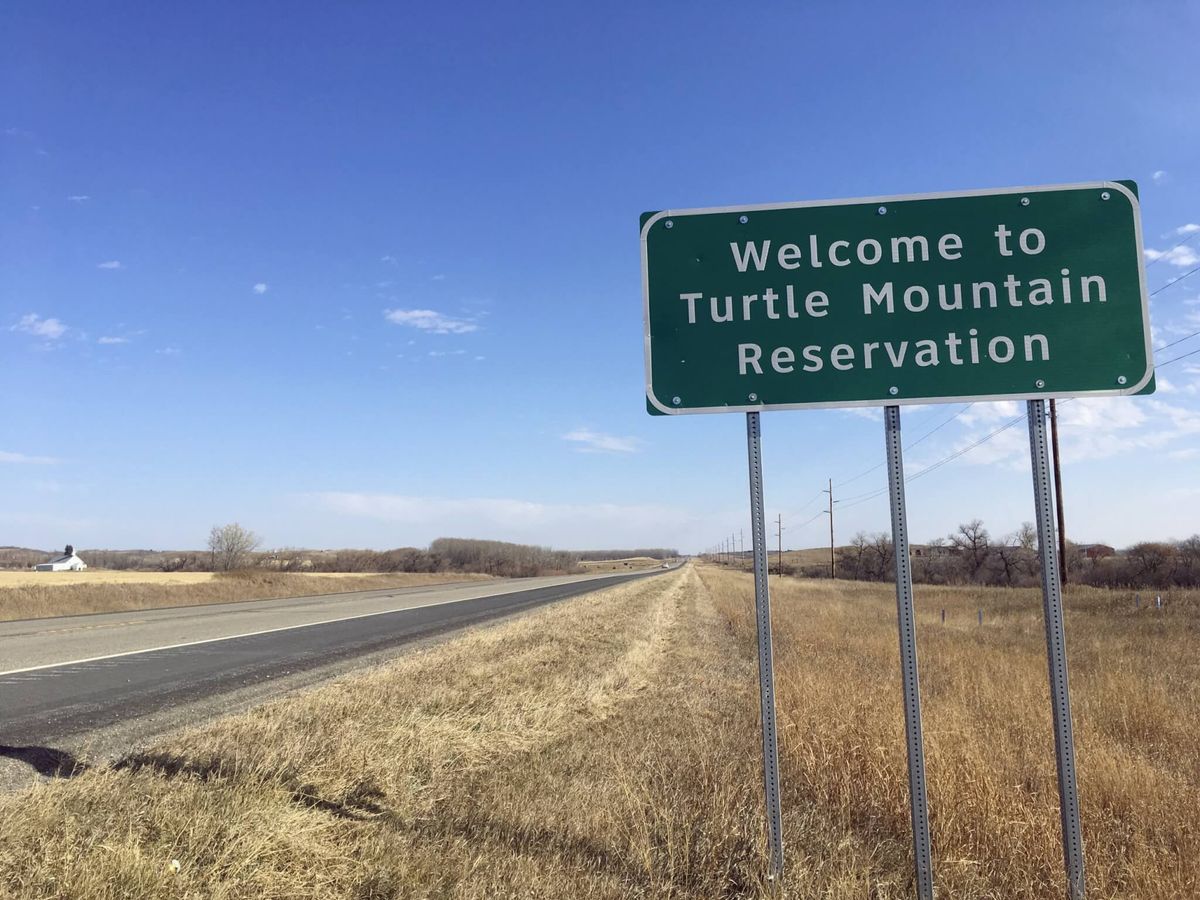
North Dakota, Tribes Reach Settlement Over Voter ID Lawsuit
North Dakota reached a proposed settlement agreement Thursday with American Indians who sued over the state's voter ID laws, arguing they are a form of voter suppression.
The proposed federal consent decree announced jointly by tribal lawyers and the state follows U.S. District Judge Daniel Hovland's ruling Monday that the Spirit Lake Nation and the Standing Rock Sioux, as well as six individual Native American plaintiffs, may challenge the state's requirement that voters have ID with a verified street address.
The Spirit Lake and Standing Rock tribal councils still must approve the settlement agreement, which would halt a federal trial scheduled for May on the issue.
North Dakota doesn't have voter registration, but the state has required voters to provide ID since 2004. The state accepts a driver's license as identification or ID cards issued by the state, long-term care facilities or North Dakota's American Indian tribes. The law required that all must have a birth date and valid street address.
State officials argued that not requiring street addresses could lead to voter fraud and people voting in the wrong district. American Indians argue that such addresses are not always evident on reservations, that many tribal members don't know their address, don't have a provable one because they're homeless or stay with friends or relatives, or can't afford to get an updated ID with a street address.
The proposed deal puts the burden on the state to assign or verify street addresses for Native American voters, ensuring they will still be able to cast a ballot, said Tim Purdon, a lawyer for the tribes.
State and county officials, in coordination with tribal governments, will then use those maps to assign or verify the voter's residential street address and will provide that address to the voter, Purdon said.
“These concessions by the state are vindication of the claims brought by the tribes,'' Purdon said. “We are pleased this will make it easier for Native Americans to vote across the state.''
Secretary of State Al Jaeger, the state's top election official, said he was "very pleased'' with the development and that the state is “looking forward to the conclusion of this process.''
Purdon said the proposed consent decree announced Thursday came after days of negotiations with the state. It also follows an announcement last week by Jaeger, who said Gov. Doug Burgum had granted him emergency rulemaking authority to give tribes the ability to quickly verify “set-aside” ballots, which are not counted until the voter proves his or her eligibility.
The revised system would allow tribes to quickly verify voters, rather than the previous system in which voters had up to six days to return with proof of their identity, possibly discouraging some voters from following through.
The order also allows the state to incorporate information from tribal IDs into new electronic poll books.
 Wanted: Texas Republicans Need New Voters in 2020, and FastNext PostFacebook to Allow Paid Political Messages That Aren’t Ads
Wanted: Texas Republicans Need New Voters in 2020, and FastNext PostFacebook to Allow Paid Political Messages That Aren’t Ads





